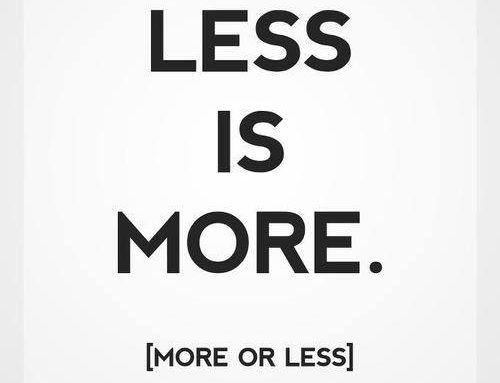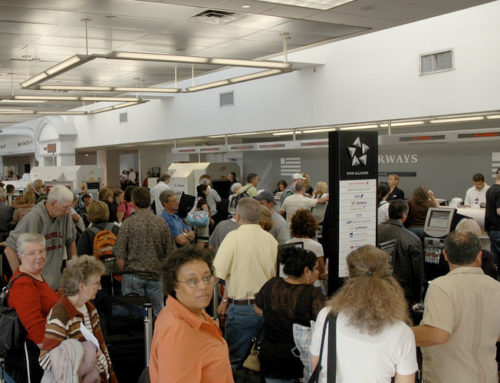If you really want to tell people that you’re a horrible planner or that their time is not valuable, show up late and make sure you don’t notify the person you’re meeting. It’s all about YOU and YOUR time. Other people are just not that important to you.
I’m Way More Important.
If you really want to tell the person that you are meeting that they are not a priority, make no efforts to tell him or her that you are running late. You know they’ll be on time and wait in line, so why waste your valuable time or effort. They’ll be even closer to the front of line by the time you get there. You’re too good to wait, so there’s really no better way to tell them.
Be 20 minutes late. Even if you know an hour in advance that you are running behind schedule, telling the person you’re meeting by sending a text or phone call is absurd. Let them sit there and wonder if you’re in a car wreck. This will make you feel better because you know they care.
“A person who is chronically late is superficially motivated by the misplaced notion that s/he, his/her needs and his/her interests are somehow more important than the people to whom s/he is responsible.” Formica, Michael. Tardiness, Self-worth and Being Present. Psychology Today.
I’m Not Rude. I’m Fashionably Late.
Make sure you let the host know that your presence was needed at other events by showing up two or three hours late. You really want to make sure the host, who was kind enough to send you an invitation, doesn’t feel important.
You knew the party started at 9:00pm, but you’re too good to show up on time. Get there at the stroke of midnight and make everyone else stay longer than they expected. Naturally, don’t tell anyone, especially the host, that you will be enacting this discourteous and distasteful breach of etiquette. You’ll get there when you get there. You’re the most important person after all.
“‘You’re creating a reputation for yourself, and it’s not the best reputation to be establishing. People feel they can’t trust you or rely on you, so it impacts relationships. It also impacts self-esteem.'” Rauh, Sherry. Help for the Chronically Late. WebMD.
The Meeting Begins When I Get There.
If you have a meeting scheduled at 2pm, DO NOT show up ten minutes early and prep. 2pm is when you get there and not when the meeting begins. There’s nothing worse then leaving ample time to drive, get lost, park, walk to a business and be greeted by the front desk personnel. You want to make sure that everyone in attendance watches you set up as you get comfortable with your surroundings. Being early is a waste of time and does not reflect well on you or your business ethics.
“If you’re constantly late for meetings, have trouble meeting deadlines or end up working longer hours than you planned, you may need to evaluate your work processes and scheduling methods.” Joseph, Chris. Signs of Bad Time Management Skills. Houston Chronicle.
Go Forth and Be Late!
Continue being late. DO NOT add events or notifications to your smartphone. DO NOT adjust your schedule to leave time to go somewhere. And most of all, DO NOT be courteous and DO NOT be respectful of other people. You’ll eventually meet new people who will be more tolerable of your habitual tardiness. Those people who are always on time, or courteous by telling others they will be late, are just no good for you and your core values.
“Showing up, being present, being on time says, ‘I am worth your time, and you are worth mine.'” Formica, Michael. Tardiness, Self-worth and Being Present. Psychology Today.


